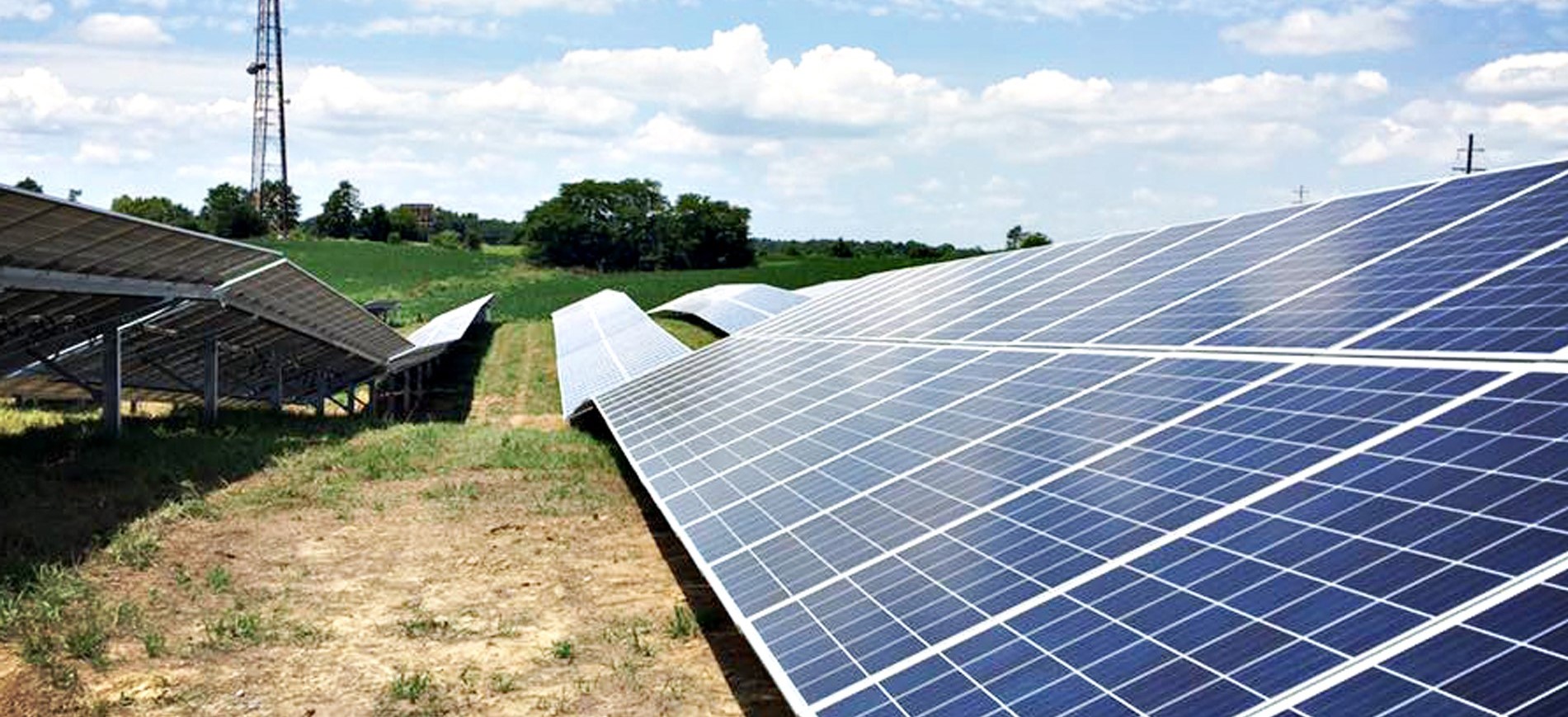Why the Recent State Elections Are a Positive Development for Solar in the Southeast
Wednesday, Dec 04 2019

The results are in for the 2019 state elections and while both political parties enjoyed victories, one thing is clear—solar energy is poised to grow as several key states voted in officials who support and champion clean energy. There are now tangible, long-term opportunities for continued solar development in states like Mississippi, Virginia, and Kentucky, among many others.
We cannot afford to lose this momentum.
Mississippi
In Mississippi, Brent Bailey (R) was elected to the state’s Central District Public Service Commission. Bailey has shown a balanced view on state energy policy and has highlighted rising utility rates as one of his top priority areas. During his campaign, he advocated for energy diversification from a wide range of reliable, affordable, and safe sources and specifically called for alternative energy sources that both create careers and resilient infrastructure in order to lower consumer costs.
Solar is a key component as it drives economic growth while allowing for greater energy choice, lower utility bills, and promotes economic development. Solar development in Mississippi has a promising future. Currently, the state has 235 megawatts (MW) of solar installed, enough to power 26,494 homes, and has created 770 careers and 20 companies. Mississippi also has ample solar resources, comparable to Georgia and better than North Carolina, leaving plenty of room for solar growth.
Virginia
In Virginia, Democrats took control of both chambers of the state’s General Assembly, the bicameral legislative body that includes the House of Delegates and the Senate. Ahead of the elections, the party had placed enormous emphasis on major clean energy-related reforms—most in line with Governor Northam’s Executive Order 43 which calls for 30% renewable energy by 2040 and 100% from carbon-free sources by 2050. Codifying these targets through legislation could help Virginia achieve these goals and allow the governor, also a Democrat, to fulfill plans to join the Regional Greenhouse Gas Initiative, an agreement among nine states to cap and trade greenhouse gas emission credits.
Solar is again a key component of these ambitious goals. Virginia has nearly 803 MW of solar installed, enough to power 90,428 homes and has created 3,890 careers and 257 companies in the state. With the legislative and executive branches in Virginia under the same party, and with aggressive climate and clean energy goals on the horizon, solar development in Virginia is sure to be a top priority for years to come.
Kentucky
And in Kentucky, after a very tight race, the incumbent governor Matt Bevin (R) lost to Andy Beshear (D). This is significant as the state’s public service commissioners, all appointed by Bevin, are actively considering the outcome of the state’s net energy metering (NEM) program. In early 2019, the legislature approved changes to the NEM law that could undermine Kentuckians’ access to solar power and make it harder to reduce the cost of energy bills. Now, with a new governor in place, there’s a chance to overturn that.
Also, the new Democratic governor has the power to veto any legislation that comes out of Kentucky’s Republican-controlled General Assembly that would harm the state’s energy diversification and solar growth. Kentucky has more than 43 MW of solar installed, enough to power 4,639 homes and has created 1,410 careers and 57 companies. Kentucky is indeed ripe for solar growth, and the state’s new governor could determine the continued development of this energy sector.
The southeast has seen historic solar growth over the past few years, and the recent statewide elections have shown that there will be opportunities to continue building on this success. The Solar Energy Industries Association (SEIA) will continue to work with its affiliates and numerous state and regional advocacy groups to help drive economic growth and expand the local solar markets in states like Mississippi, Virginia and Kentucky.
Solar has the potential to provide unprecedented customer choice and create high-wage careers across the Southeast, making solar energy a winning choice in every part of the country.